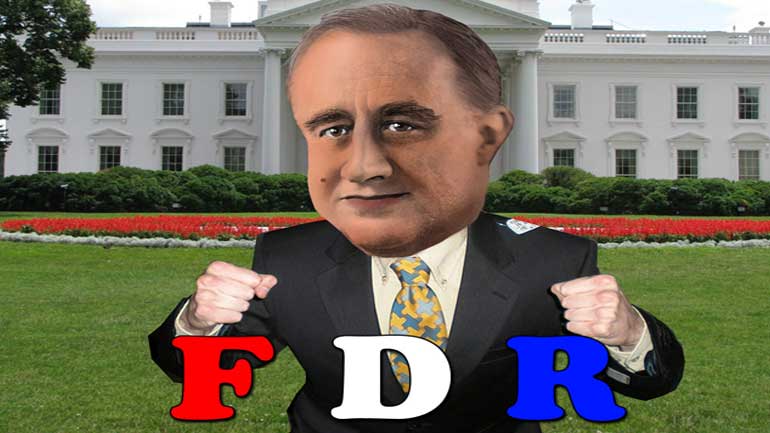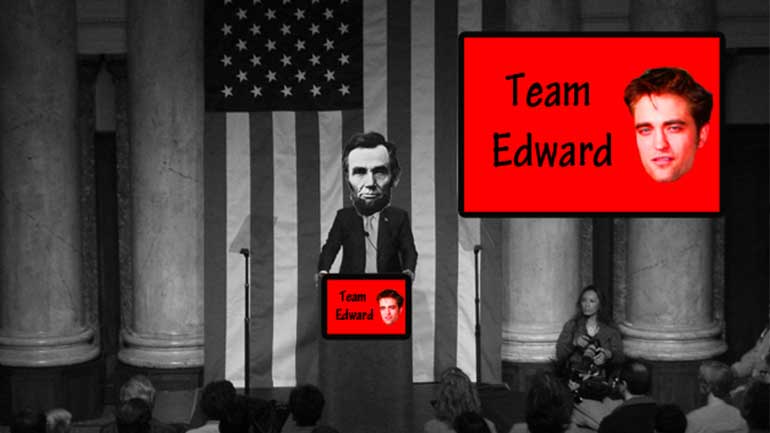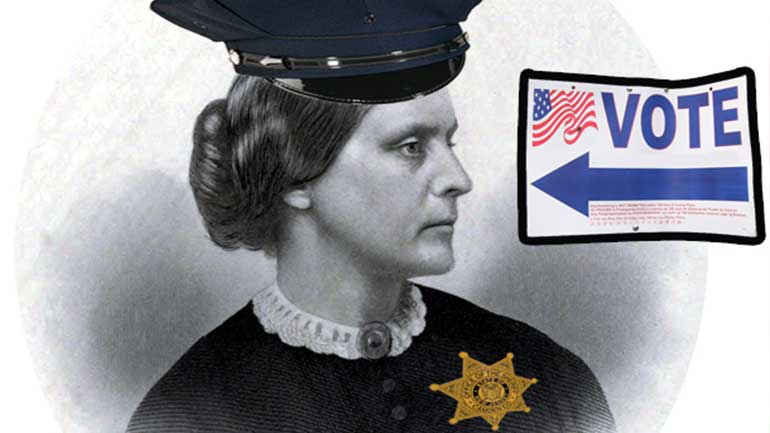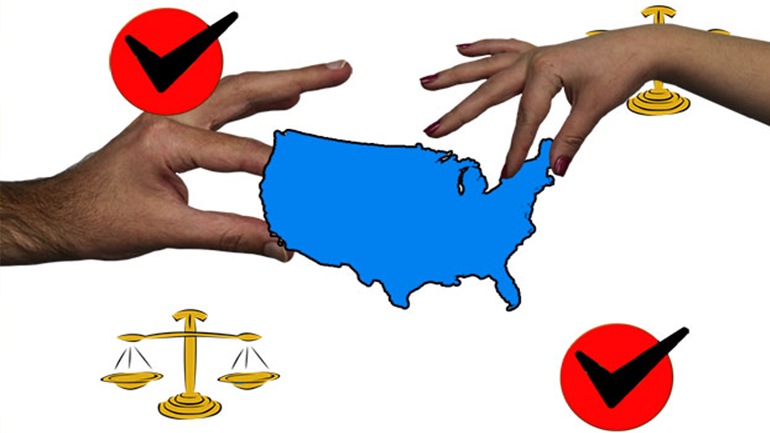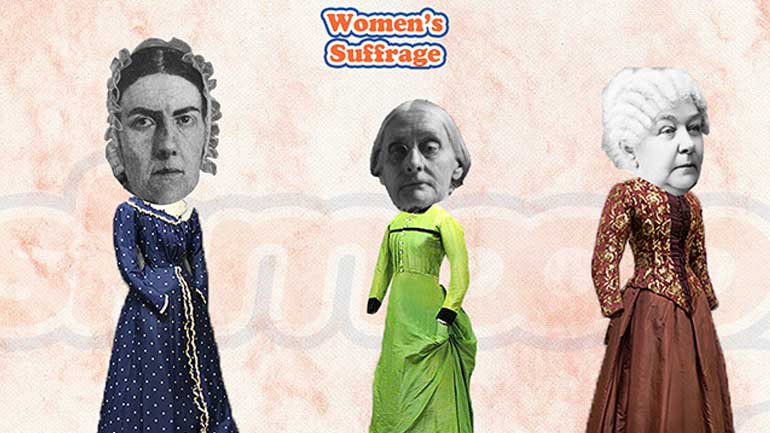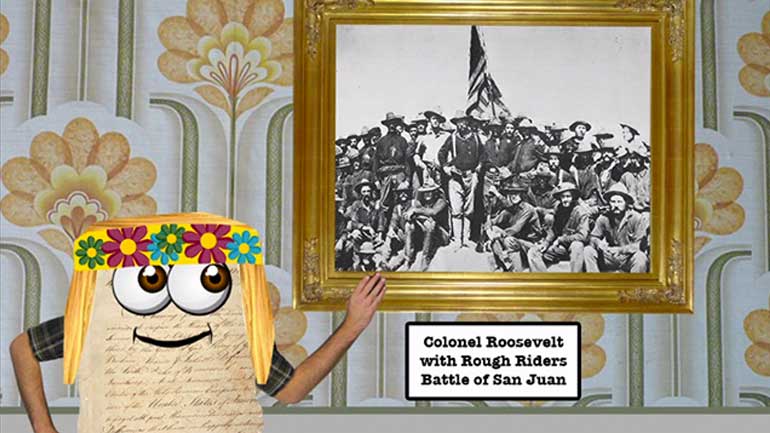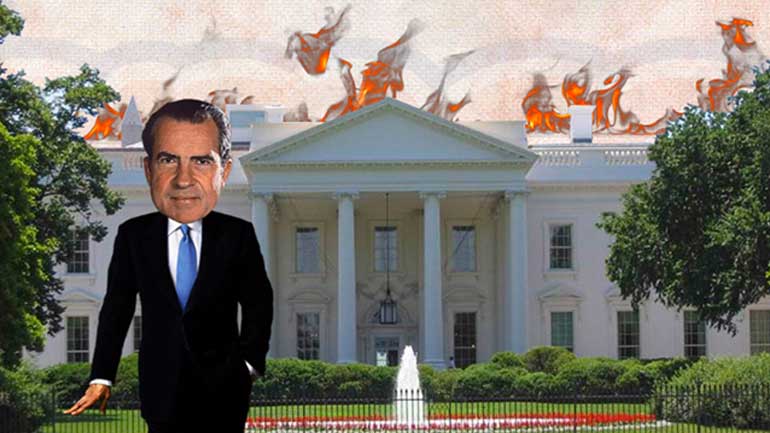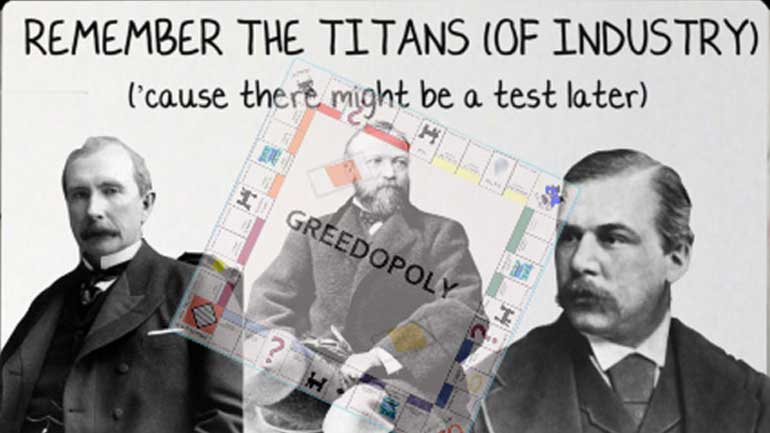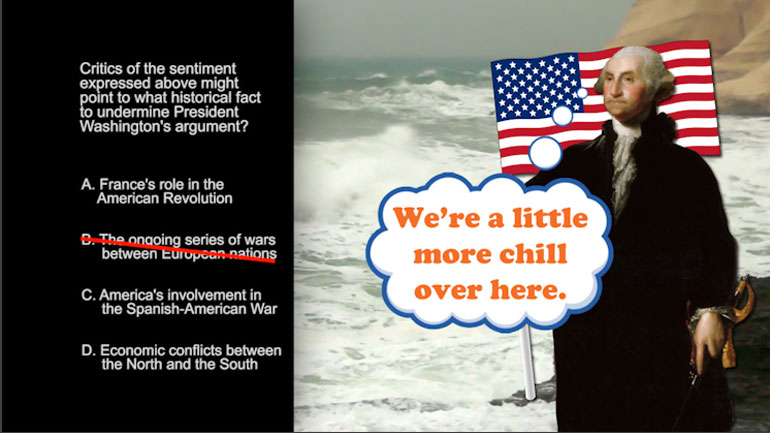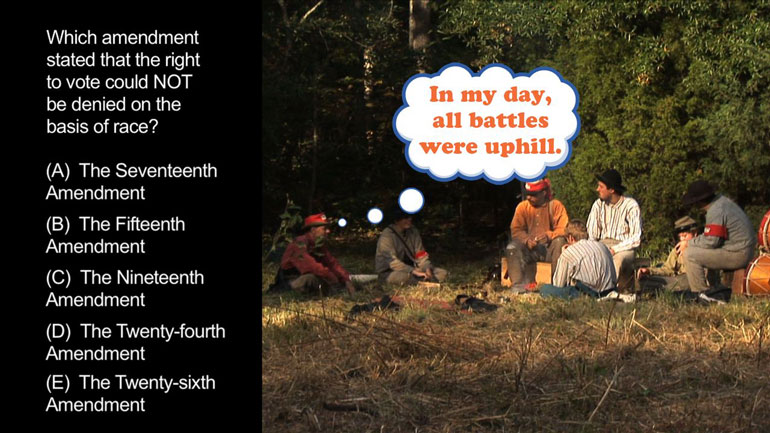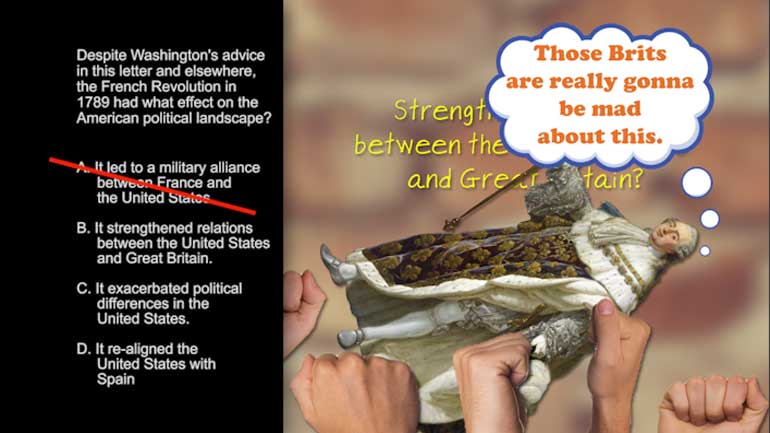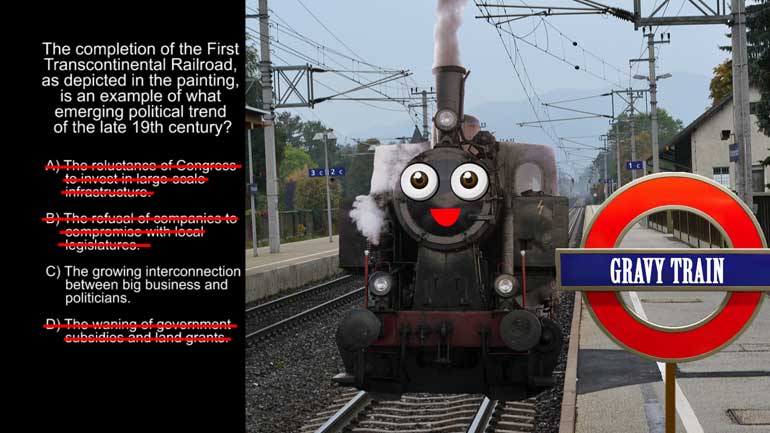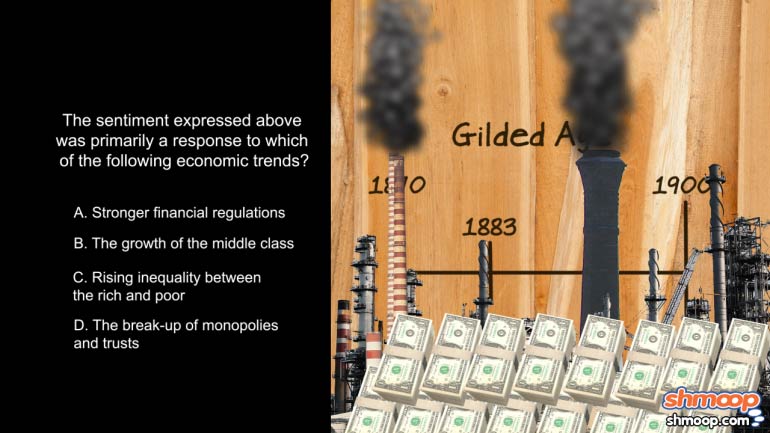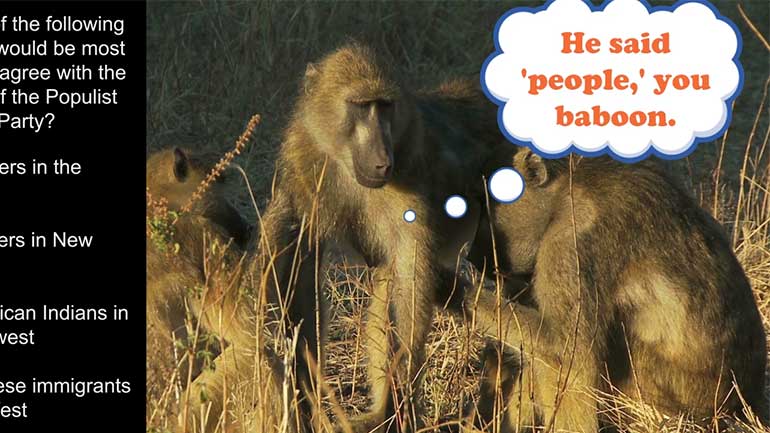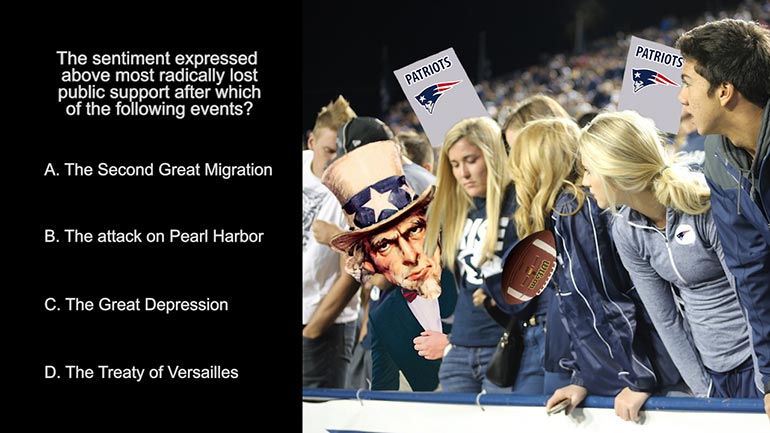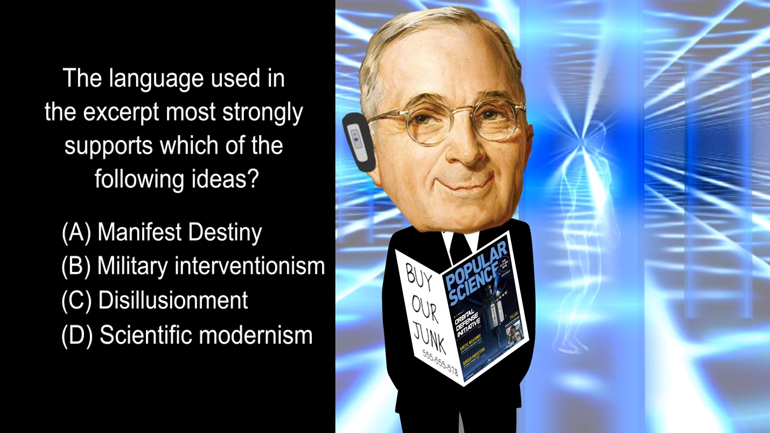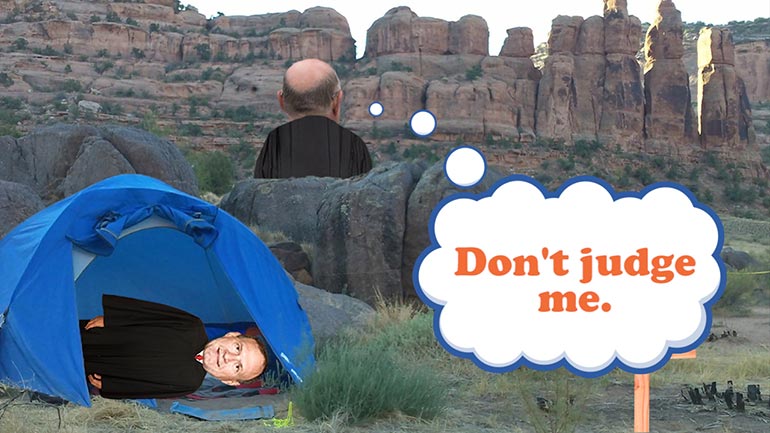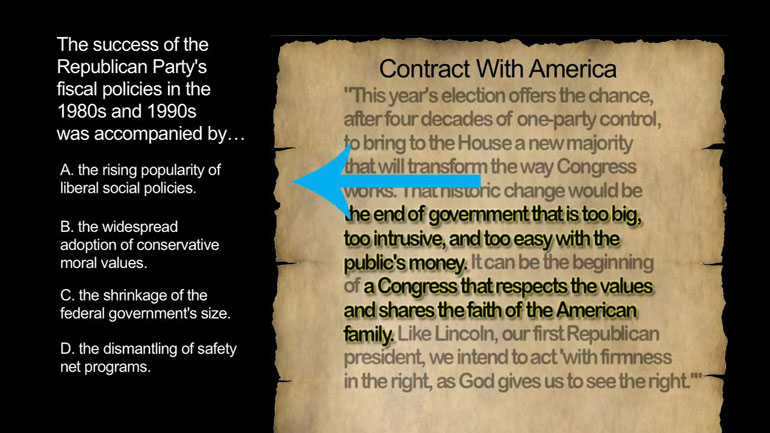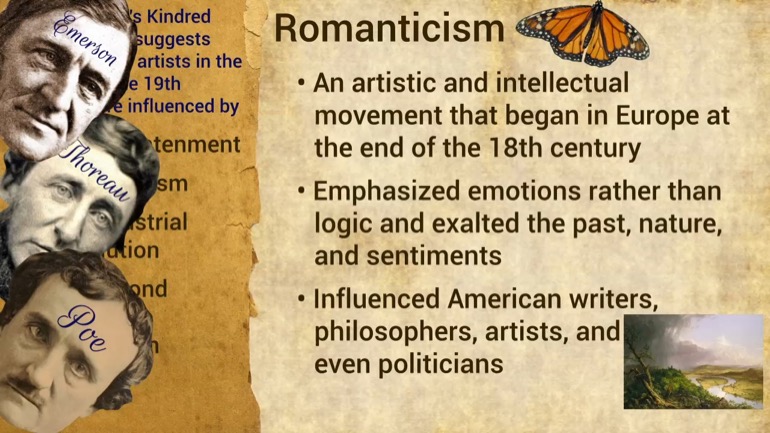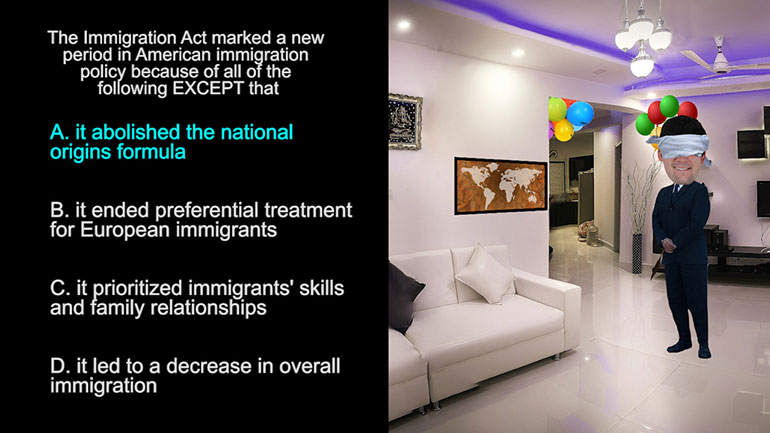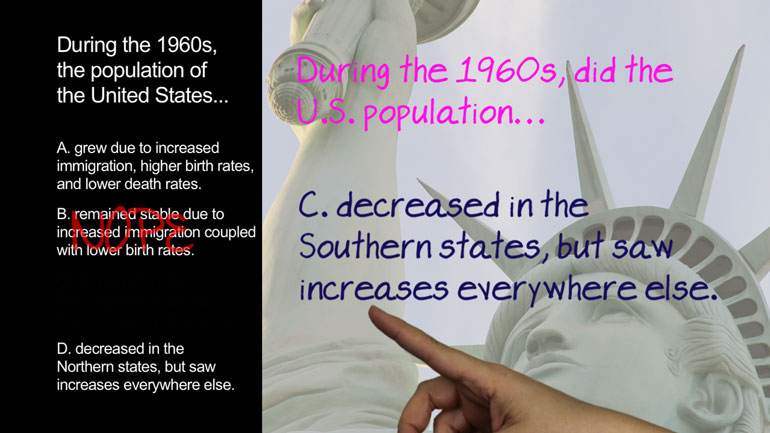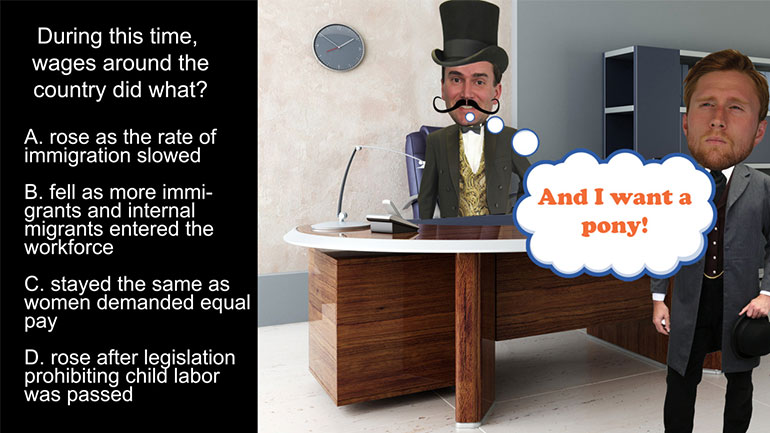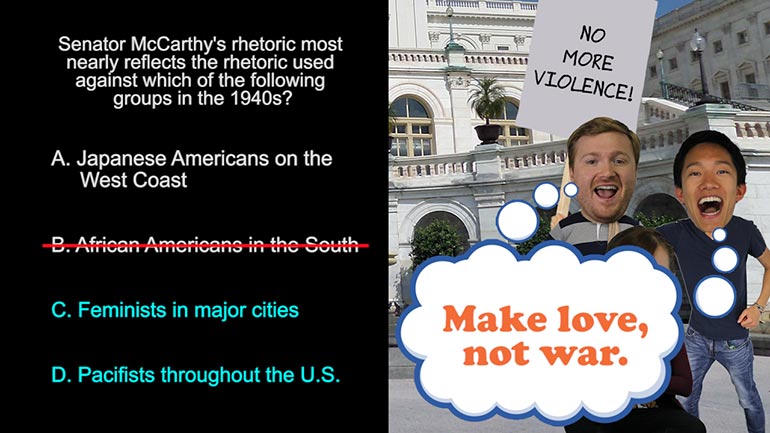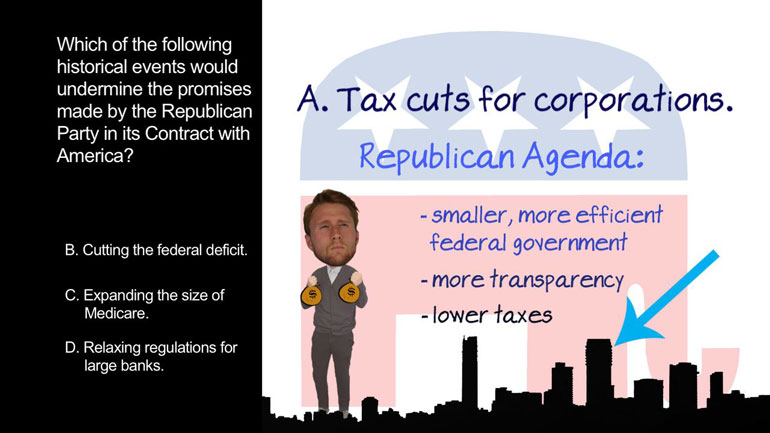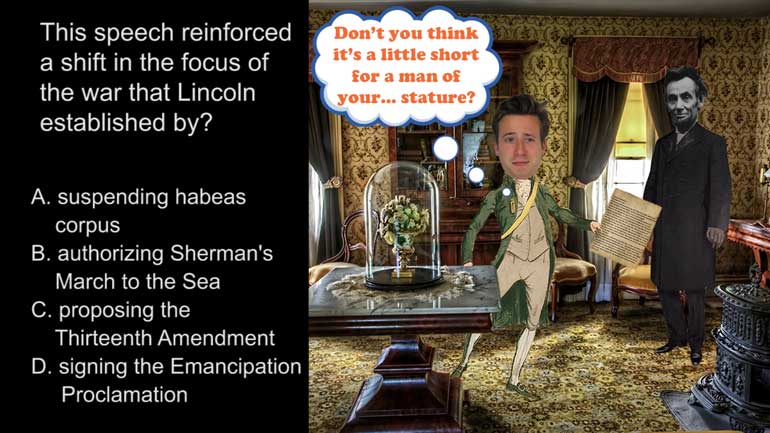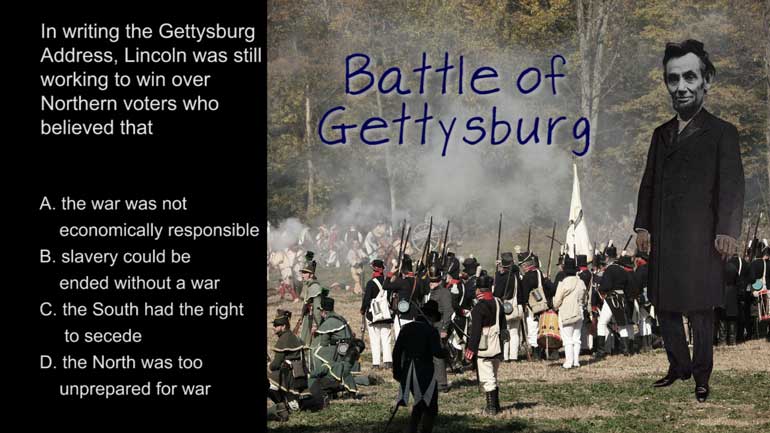ShmoopTube
Where Monty Python meets your 10th grade teacher.
Search Thousands of Shmoop Videos
U.S. History EOC Assessment Videos 64 videos
AP U.S. History 1.1 Period 5: 1848-1877. Which of the following groups would be most likely to support the idea of Manifest Destiny?
In the 1950s and 60s, people weren't just expressing their feelings toward the government—they were singing them, too. (Think Crosby, Stills, Nas...
Deal or no deal? FDR's New Deal provided hundreds of thousands of jobs in the public sector to bring the economy out of the Great Depression. It wa...
AP U.S. History 2.3 Period 8: 1945–1980 216 Views
Share It!
Description:
AP U.S. History 2.3 Period 8: 1945–1980. The Immigration Act marked a new period in American immigration policy because of all of the following except that...what?
Transcript
- 00:00
[ musical flourish ]
- 00:03
And here's your Shmoop du jour, brought to you by the national origins formula,
- 00:08
X plus Y equals xenophobia.
- 00:12
Read this excerpt.
- 00:13
[ mumbles ]
Full Transcript
- 00:18
All right, and the question: The Immigration Act
- 00:21
marked a new period in American immigration policy because of
- 00:25
all of the following except that... what?
- 00:28
And here are your potential answers.
- 00:30
[ mumbles ]
- 00:35
All right. Well, what exactly is this question asking? Hmm?
- 00:38
Well, the excerpt says that the old system of immigration
- 00:41
"violates the basic principle of American democracy -
- 00:44
the principle that values and rewards each man
- 00:48
on the basis of his merit as a man."
- 00:51
Yeah. Those are some fighting words, LBJ.
- 00:53
So we need to figure out which of the answers was
- 00:55
not a result of this about-face in our nation's
- 00:58
immigration policy.
- 01:00
Well, did the Immigration Act mark a new period because A -
- 01:03
it abolished the national origins formula?
- 01:06
Well, the national origins formula restricted visa availability
- 01:09
to immigrants from certain regions. It excluded Asians
- 01:12
altogether and also preferred northern and western Europeans
- 01:15
over southern and eastern ones.
- 01:17
So that eliminates A and B.
- 01:19
Was the Immigration Act a step change because C -
- 01:21
it prioritized immigrants' skills and family relationships?
- 01:25
Well, that, too. Rather than focus on sheer numbers,
- 01:28
the new law emphasized that immigrants'
- 01:30
skills and their relationships to people already living in the U.S.
- 01:33
when evaluating visa applications.
- 01:36
Talk about a numbers game-changer. Yeah.
- 01:38
That means the Immigration Act did not D -
- 01:41
lead to a decrease in overall immigration.
- 01:44
LBJ may have had great intentions in reforming
- 01:46
U.S. immigration law, but he underestimated
- 01:48
the power of his pen. When he opened the visa system
- 01:51
up to dozens of new countries, he didn't expect them
- 01:54
to actually take advantage of the change
- 01:56
in policy. So D is the correct answer.
- 01:59
And LBJ may have misjudged
- 02:01
the potential increase in immigration and the stress
- 02:03
it would place on the system, but the law promoted
- 02:06
fairness in a way U.S. policy never had before.
- 02:09
Well, maybe two wrongs can make a right.
- 02:13
[ horse nickers ]
Related Videos
AP U.S. History Exam 2.45. The journey shown on the map was an example of...what?
AP U.S. History Exam 2.26. This speech reinforced a shift in the focus of the war that Lincoln established by...what?
What did the Spanish messengers bring with them to North America? Hint: you probably wouldn't be thrilled to get this for your next birthday.
AP U.S. History Diagnostic 24. How did the United States choose containment over the National Security Council Report in Latin America?
AP U.S. History Exam 2.25. In writing the Gettysburg Address, Lincoln was still working to win over Northern voters who believed that...what?


